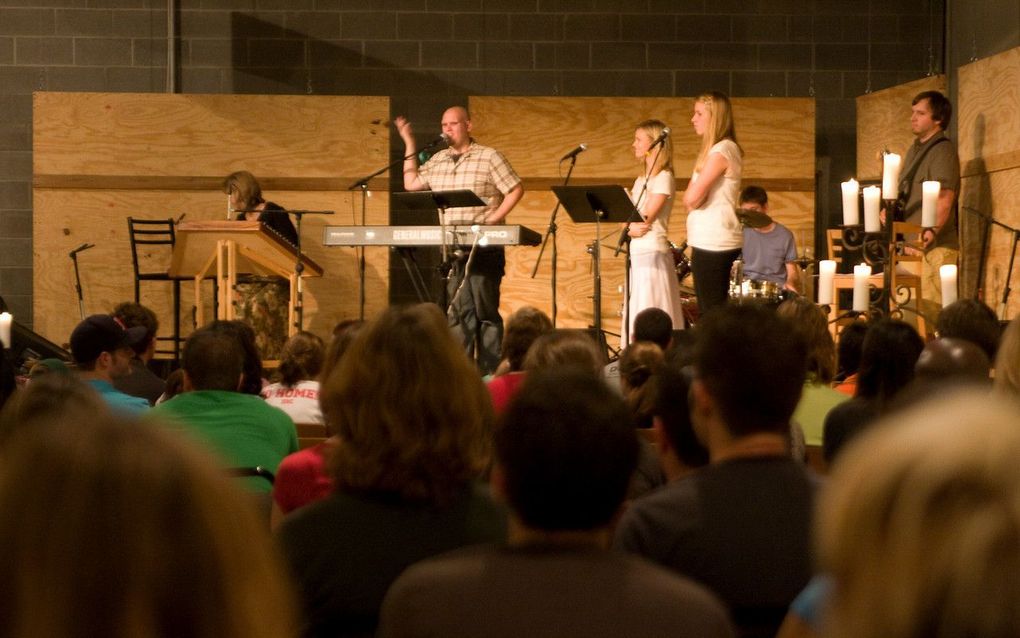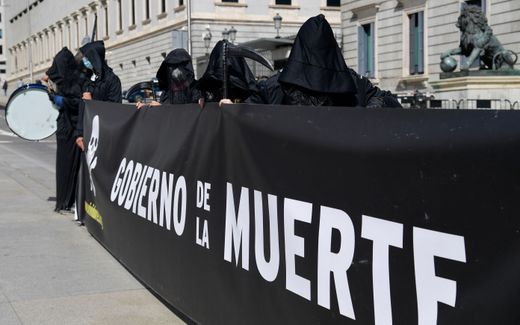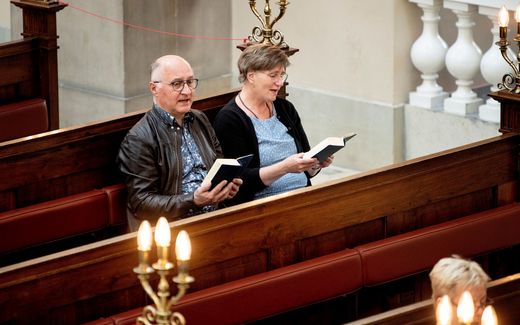Spanish judges hesitate to ban church singing

Photo Flickr
Southern Europe
The prohibition of singing in places of worship due to the pandemic might be unconstitutional. Therefore, the federal government of Arágon in Spain has to prove whether it is a suitable measure in the fight against corona.
The case was opened by an appeal to the Superior Court of Justice of Aragon from the Federation of Evangelical Religious Entities of Spain (FEREDE) in May of this year. The Federation insisted that the prohibition of singing is “an important restriction in exercising the fundamental right of religious freedom”, especially for the faithful of the evangelical or Protestant churches in Aragon.
In Protestant churches, congregational singing (different from choir performance) is “a fundamental part of the act of worship, with the function of praise, adoration and glorification of God”, FEREDE explained. “It is a constitutive part of the encounter between God and his people, as is the Lord’s Supper and the reading of the Bible.” This was reported by the Spanish news website Actualidad Evangelica.
Church decides what is essential
To this argument of FEREDE, the Superior Court responded that both the Government of Arágon and the Public Prosecutor consider that singing is an accessory part of worship and, therefore, its limitation does not affect it.
However, the court added that it “cannot doubt what is alleged by FEREDE, since it is them that in the exercise of their religious freedom, determine how worship is developed and to what extent the singing of the congregation is an important part of it. “In the same way that we would not question the Eucharist for Catholics, fasting for Islam or the Saturday feast for Judaism.”
Ten days for new arguments
According to the local news website Arágon Digital, the court issued for both parties, FEREDE and the Government of Arágon, to present their arguments within ten days before it decides whether the restrictions on singing in places of worship is unconstitutional.
Related Articles






